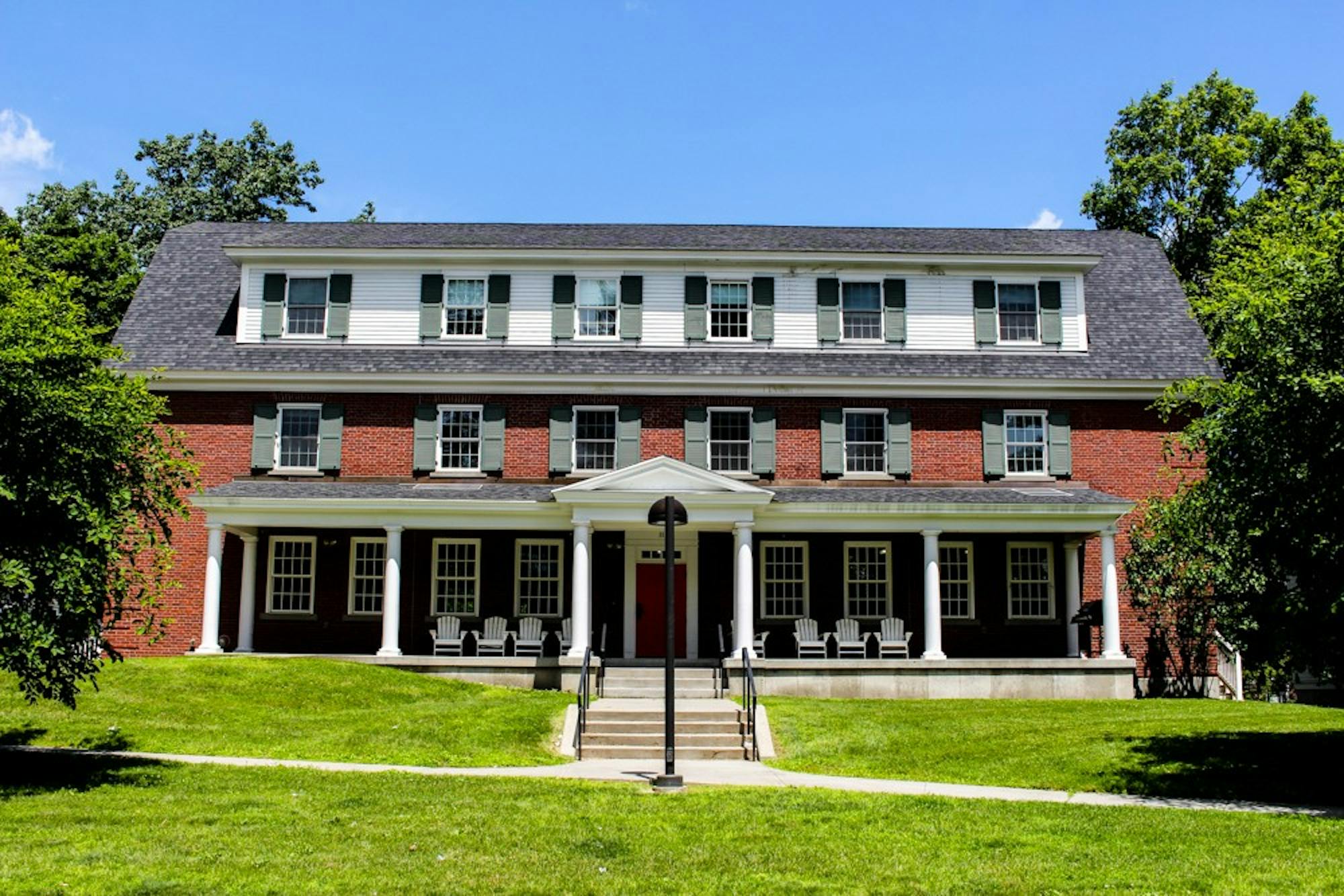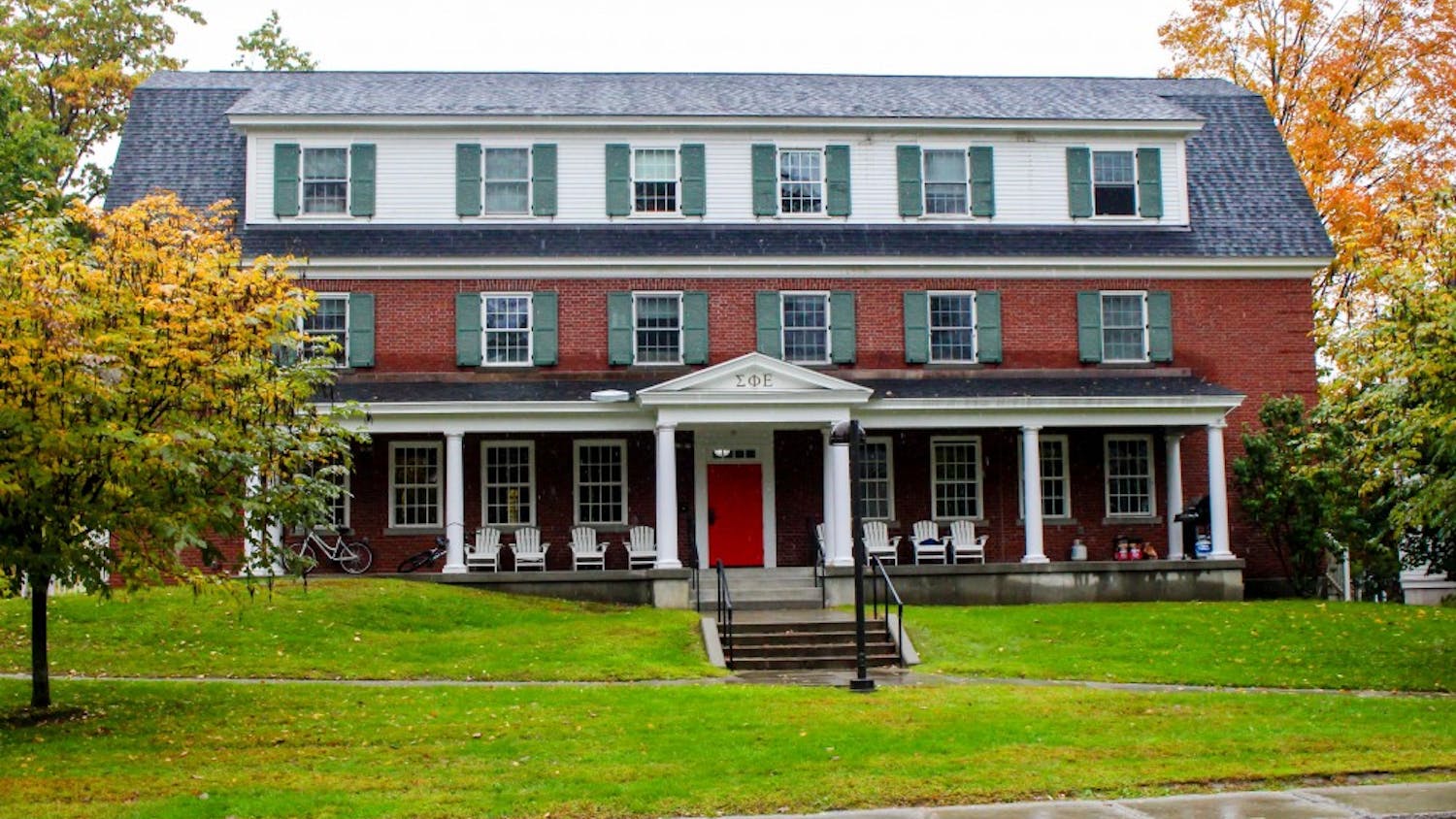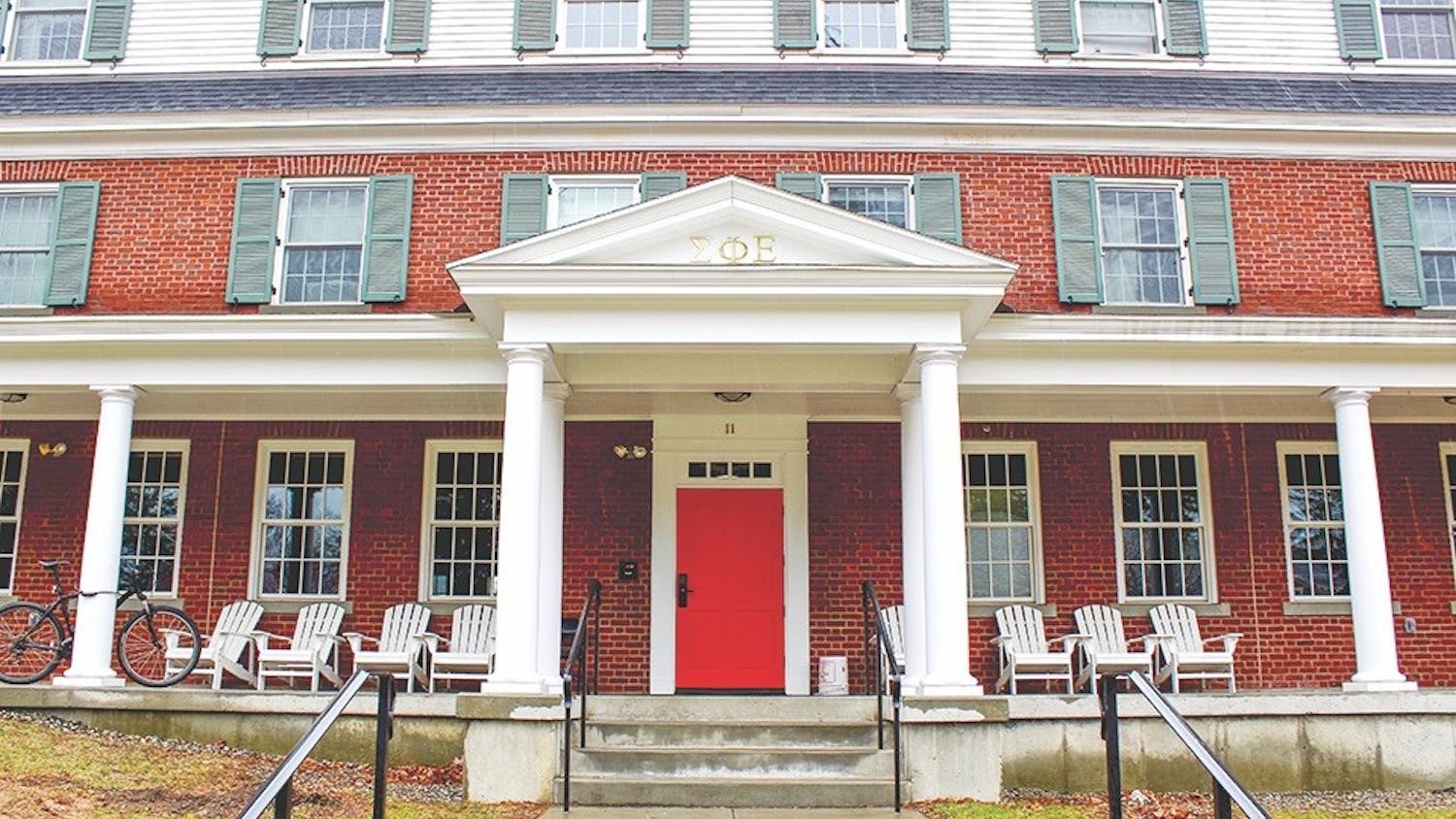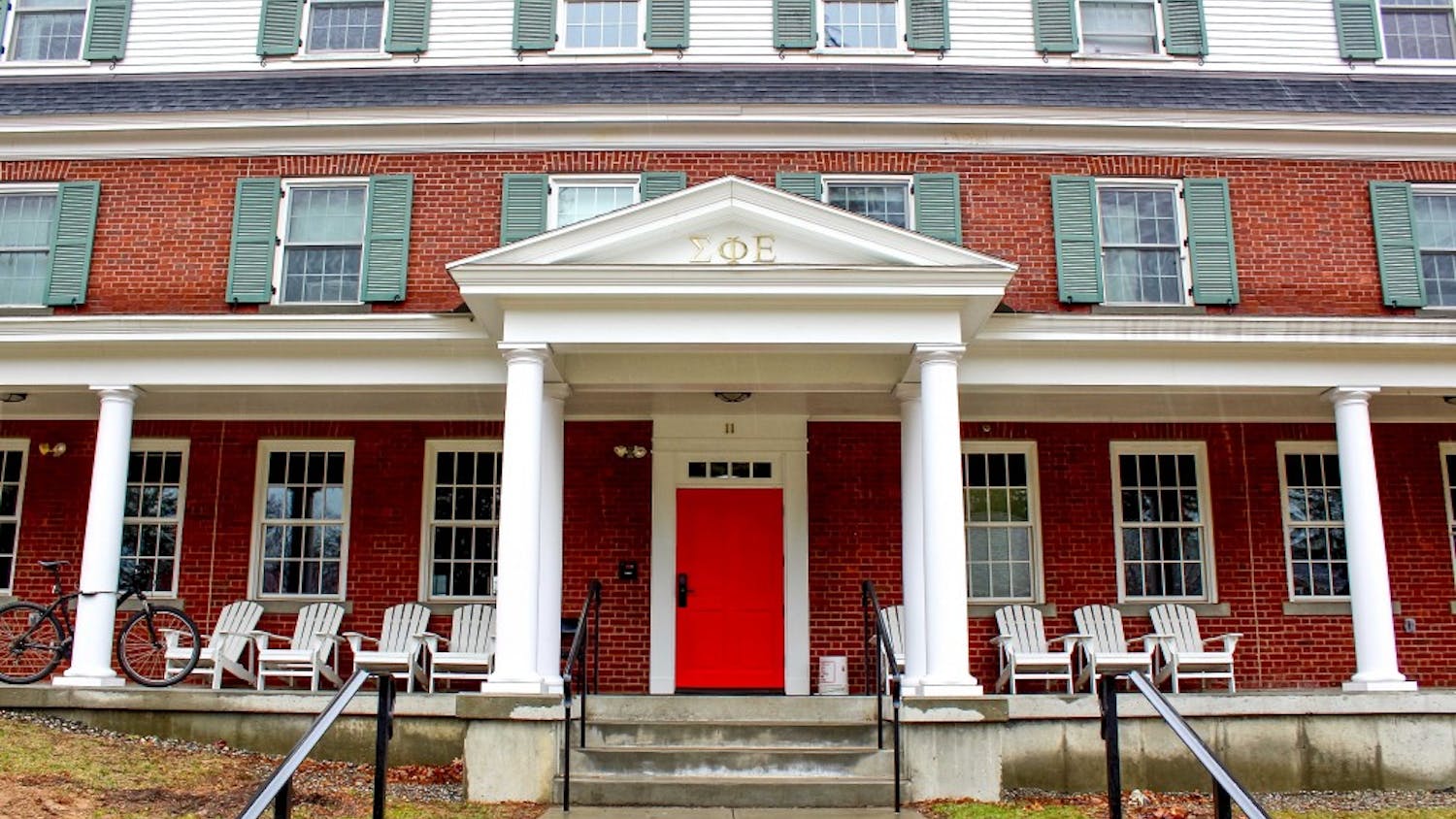Male students rushing next fall may have one more fraternity to choose from. After two years of inactivity, Sigma Phi Epsilon fraternity intends to return to campus this fall.
Office of Greek Life director Brian Joyce wrote in an email statement to The Dartmouth that the fraternity will be working with the College to fully return by next winter.
“The Office of Greek Life looks forward to working with Sigma Phi Epsilon and all members of the Dartmouth community for a successful return to campus,” Joyce wrote.
Sigma Phi Epsilon’s suspension in October 2018 came on the heels of the revocation of its charter by its national board of directors. According to Isaiah Berg ’11, vice president of the Sigma Phi Epsilon New Hampshire Alpha AVC Board of Trustees, this was due to a number of alcohol-related incidents that occurred in the house. Those violations also conflicted with the future goals of the national fraternity, which voted to ban alcohol and other illicit substances at all of its chapters in August 2017.
In spring 2018, an effort began to reform the house, including a membership review conducted by the national organization that resulted in the house’s membership being reduced from 102 to 19 members. Following a few months marked by internal strife with the alumni organization, as well as a legal battle — which alleged that the house’s board of trustees had acted improperly in their authority — the house charter was revoked that October.
Berg said that the house will have some difficulties in recruiting new members and competing with more established fraternities, but he noted that the organization has plans to attract new membership. He also said that the fraternity will rely on building personal relationships with undergraduates in the recruiting process.
“We will have a full-time staff member from National who will help the chapter throughout the year,” Berg said. “Me and a number of other board members will also be on campus to meet with undergraduates and let them know what Sig Ep is about and what differentiates us from other fraternities.”
Sigma Phi Epsilon’s former house on 11 Webster Avenue is now being used to house the Thought Project Living Learning Community. Berg said that the fraternity is currently unclear about whether it will be able to move back into the house. However, he said that he saw this as “a win-win,” in that the College can use the house for the LLC while the chapter rebuilds its membership.
Berg also said that Sigma Phi Epsilon will differentiate itself from the “toxic problems” associated with many fraternities. According to Berg, the fraternity will not have a traditional pledge period and new members will receive full membership status upon joining the fraternity.
Additionally, Berg noted that all new members must promise to take part in the fraternity’s “Balanced Man” program, which focuses on academic, athletic, professional and social self-improvement.
Both the policy of equal membership for new members and the Balanced Man program were in place at Dartmouth’s chapter prior to its charter revocation.
“The fraternity is going to look very different from how a traditional fraternity would look,” Berg said. “By separating from drinking culture, we’re going to get a lot of people who care about our principles — about their own self-development — while also having a positive social experience along the way.”
Some former Sig Ep brothers are skeptical about Sig Ep’s return.
Dylan Giles ’20 said he was doubtful about the fraternity’s ability to recruit new members. He added that he felt that the national board was “out of touch” with the campus culture at Dartmouth, particularly with regards to alcohol.
“I don’t really think it’s going to work out,” Giles said. “They lack an understanding of the context and culture of Dartmouth. Dartmouth isn’t a dry campus.”
Giles said that he felt that the national board was also “insensitive” to the chapter during his time at Dartmouth, adding that he felt that the national fraternity falsely placed blame on current members for actions committed by past members. He also said he thinks that the national fraternity treated its members in a patronizing manner not conducive to the success of students.
“While the overall goal might be admirable, I think the way they’ve handled communications with this specific campus in the past, and the way they have been inflexible on issues has tainted that goal,” Giles said. “It’s not viable in the way they’re trying to make it viable.”
Correction appended (Jan. 29, 2020): Isiah Berg was originally quoted in this article as saying that a staffer from Nashville will assist the fraternity. He actually said "National," referring to Sigma Phi Epsilon's national organization.




